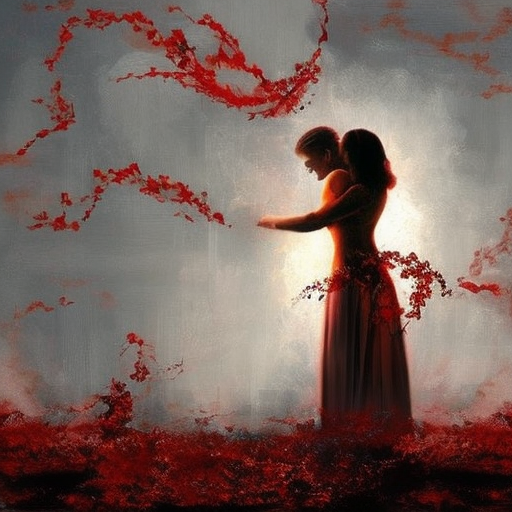In the Mood for Love by Wong Kar-wai
One-line Summary: In the Mood for Love is a visually stunning and emotionally captivating film that explores the complex relationship between two neighbors who suspect their spouses of infidelity.
Main Cast and Crew:
- Director: Wong Kar-wai
- Writer: Wong Kar-wai
- Key Actors: Tony Leung Chiu-wai as Chow Mo-wan, Maggie Cheung as Su Li-zhen
- Music Director: Michael Galasso, Shigeru Umebayashi
- Director of Photography: Christopher Doyle, Mark Lee Ping-Bin
- Producers: Wong Kar-wai, Ye-cheng Chan
Plot:
In 1960s Hong Kong, Chow Mo-wan and Su Li-zhen move into neighboring apartments on the same day. They soon discover that their respective spouses are having an affair with each other. As Chow and Su spend more time together, their shared loneliness and emotional connection grow. However, they vow to remain faithful to their spouses and refrain from following the same path.
Chow, a journalist, and Su, a secretary, spend their days working and their evenings in each other’s company. They create scenarios to confront their spouses, but their interactions become increasingly intimate. They share meals, visit temples, and engage in conversations that reveal their longing for love and companionship. Despite their growing feelings, they resist temptation and maintain their moral boundaries.
As time passes, Chow and Su’s relationship becomes more complicated. They struggle with their unrequited love and the societal pressure to conform. The film beautifully captures their yearning through its exquisite cinematography and evocative music. The slow-burning narrative explores the delicate balance between desire and restraint, leaving viewers emotionally invested in the characters’ plight.
Themes and Motifs:
In the Mood for Love delves into themes of love, loneliness, and societal expectations. The film explores the boundaries of fidelity and the consequences of unfulfilled desires. It examines the constraints imposed by traditional values and the impact of external forces on personal relationships. The recurring motif of confined spaces, such as narrow hallways and cramped apartments, symbolizes the characters’ emotional entrapment and their inability to break free from societal norms.
Reception and Legacy:
Upon its release in 2000, In the Mood for Love received critical acclaim for its mesmerizing visuals, poignant storytelling, and exceptional performances. It won numerous awards, including the Best Actor award for Tony Leung Chiu-wai at the Cannes Film Festival. The film’s legacy lies in its influence on contemporary cinema, inspiring filmmakers with its unique blend of style and substance.
Recommendation:
In the Mood for Love is a cinematic masterpiece that immerses viewers in a world of unspoken desires and restrained emotions. Wong Kar-wai’s direction, combined with the exceptional performances of Tony Leung Chiu-wai and Maggie Cheung, creates a mesmerizing experience. This film is a must-watch for those who appreciate visually stunning storytelling and nuanced character exploration.
Memorable Quote:
“Feelings can creep up just like that. I thought I was in control.” – Chow Mo-wan












